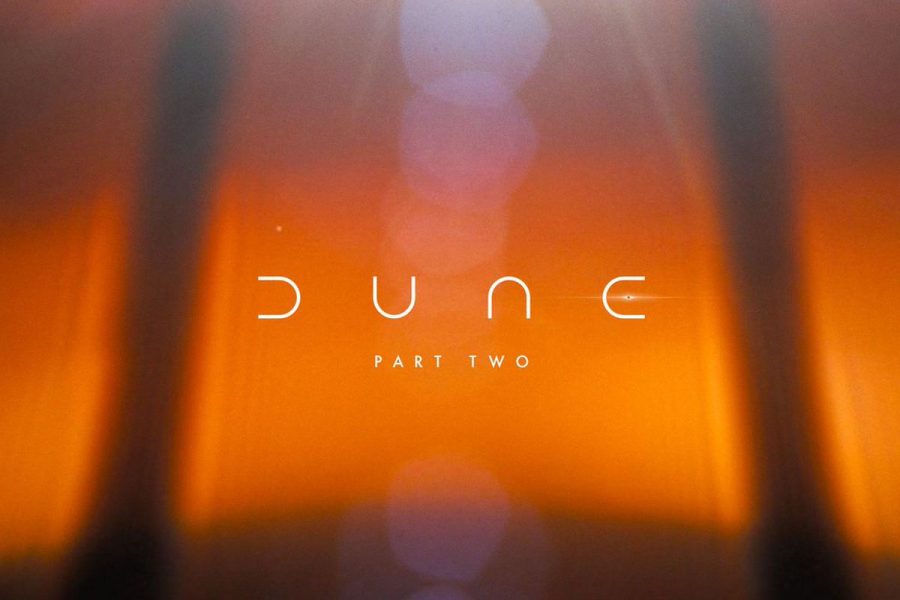Multipart movies give time for storyline development
Director Dennis Villeneuve announced ‘Dune: Part 2’ is in production, which has sparked the question if multipart movies are good or bad for a storyline.
March 30, 2022
Director Dennis Villeneuve’s announcement of the beginning of Dune: Part 2’s production raises the question as to whether multipart movies are necessary.
Dune Part: 1 was one of the most highly anticipated films of 2021 and featured a multitude of A-list actors, including Timothee Chalamet, Zendaya, Jason Momoa, Oscar Isaac, and Rebecca Ferguson.
With a screen running time of 156 minutes, the first film delivered a clear storyline, a sufficient amount of action, and outstanding cinematography.
Yet some fans complained that the trailers were misleading. For example, Zendaya, who plays Chani, a Fremen, did not encounter Timothee Chalamet’s character, Paul Atreides, until the end of the film.
Due to Dune’s complex storyline, the majority of the first movie provided background details, such as Lady Jessica’s history with magic, her conflict with the Bene Gesserit over Paul, the Fremen’s prophecy regarding Paul, and the dark, oppressive history of the Fremen, Harkonnens, and the salt industry.
Thus, it would have been inaccurate and illogical if Paul had met Chani sooner.
Luckily, according to the novel’s storyline, Chani’s character will be prominent in the second and third movies.
Hollywood is no stranger to multipart movies, for they can attract viewers. For example, in the Harry Potter franchise, both Deathly Hallows Part One and Part Two found massive success at the box office.
The Twilight and Star Wars franchises have also invested in multipart movies with Breaking Dawn Part One and Part Two, and the series of Star Wars trilogies.
But both Breaking Dawn Part One and The Empire Strikes Back left viewers with a massive cliffhanger. Dune: Part One, however, sets up a clear overall plot for Part Two and fills viewers with a sense of excitement.
Multipart movies allow directors to build a complex, entertaining storyline and keep the viewers engaged. Additionally, they open a window for elaborate sets and the creation of character depth, and each part can be carefully curated to satisfy the interests of various groups of viewers.
Meanwhile, some standalone movies sometimes end up being overly long. The new Batman movie, The Batman (2022), is almost three hours long, and viewers – especially younger ones – can quickly become confused or lose interest.
Although multipart movies sometimes can leave viewers unsatisfied, they can be done well and become fan favorites.



